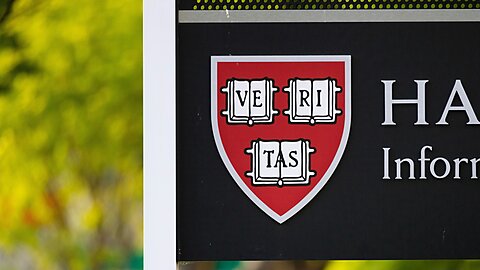Thomas A. Berry
The Trump administration has taken actions to withhold billions of dollars in contracts from Harvard University unless the institution both adopts governance structures approved by the administration and engages in affirmative efforts to promote underrepresented conservative viewpoints on campus. Harvard has now sued the Trump administration, arguing that these conditions violate the First Amendment (among other claims). Cato has joined a broad coalition of organizations, led by the ACLU, to file an amicus brief supporting Harvard.
Our brief explains why the actions taken by the administration violate core principles of free speech and academic freedom. While government funding is not a right, freedom from ideological coercion is a constitutional guarantee. Using the government’s purse strings to compel the government’s preferred speech environment violates both academic freedom and the First Amendment. Allowing coercion here would invite a wider regime of retaliation, coercion, and ideological bullying throughout American life.
At the heart of the First Amendment lies a simple rule: the government may not impose its preferred viewpoint on private parties. Viewpoint discrimination is presumptively unconstitutional, even when officials claim they merely want to “better balance” ideological representation. Indeed, even coerced preferences for truly underrepresented perspectives still amount to unconstitutional viewpoint-based restrictions, because the state has no authority to dictate the proper mix of opinions within a private institution.
Further, government pressure to alter privately expressed viewpoints is presumptively unconstitutional even when that pressure is exerted through a loss of government funding. Governments may cut benefits programs for many legitimate reasons. But once the government establishes a benefits program, it cannot condition participation on a recipient’s exercise—or non-exercise—of rights that fall outside the program’s scope.
Here, officials have openly cited speech by Harvard students and faculty, wholly unrelated to any federally funded project, as the reason to terminate grants. That is textbook unconstitutional discrimination.
This violation is especially troubling given the university’s role in a free society. Higher education is both a crucible of knowledge and a structural check on unchecked governmental power. The Supreme Court has long held that conditions attached to public funds face heightened scrutiny when they burden the “four essential freedoms” of academia: deciding who may teach, what shall be taught, how it shall be taught, and who may study. Subordinating these freedoms to the political aims of the party in power would replace free inquiry with political doctrine.
Finally, our brief makes clear that nothing in our argument minimizes or exempts Harvard from its viewpoint-neutral obligations to comply with federal civil rights law. To the extent that the Trump administration seeks to remedy alleged violations of laws like the Civil Rights Act, it can—indeed must—do so. But the Civil Rights Act must be enforced through its procedures and in a manner consistent with the First Amendment.
The administration’s wholesale cancelation of funding to exert ideological control over private education merely wields allegations of lawbreaking as a tool for unlawful ends, and the courts should hold that it violates the First Amendment.

